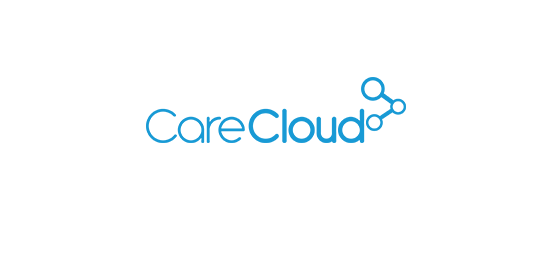
Cloud-based practice management EHR provider CareCloud announced today it has integrated Merit-based Incentive Payment System (MIPS) regulations from the Centers for Medicare and Medicaid Services (CMS) into their clinical quality management programs. For eligible clinicians, the integration of clinical quality templates will streamline MIPS reporting for CareCloud clients through a new guarantee program that promises that its medical practice clients will avoid costly penalties.
Eligible clinicians who do not submit MIPS data in 2017 will face a four percent fee adjustment penalty to their Medicare Part B reimbursements in 2019. To support these clinicians, CareCloud is issuing a MIPS Success Guarantee as part of its clinical technology offering. The guarantee ensures that all of the company’s existing clients and any new providers using the latest version of its CareCloud Charts EHR as of September 31, 2017 will receive no penalties from CMS under MIPS. CareCloud’s support goes beyond penalty avoidance to flip MIPS into an opportunity to enhance quality reporting and care management. All clients will receive ongoing performance coaching and service throughout the 2017 performance year to maximize their chances at qualifying for bonuses in 2019, at no additional cost.
“Value-based care is fundamentally changing how medical practices get paid,” said Ken Comée, CEO of CareCloud in a statement. “These shifts are aimed to strengthen the link between quality and reimbursement, but the transition is tough. We are proud to be offering this guarantee and new support programs to help make MIPS participation easy for eligible clinicians. Our clients will be on the forefront of earning incentives and delivering outstanding patient experience in this new program for value-based care.”
Related: CareCloud Lands $31.5M for Cloud-based Practice Management EHR Platform
Healthcare Informatics reports that there are “alarmingly low levels of knowledge” among physicians about Medicare Access and CHIP Reauthorization Act of 2015 (MACRA) and its core components, including MIPS. An estimated 600,000 physicians will be subject to the MIPS program this year. MIPS penalties could have a significant impact on U.S. physicians if they are not prepared. The severity of the penalties increases based on the percentage of Medicare Part B patients being treated within a specific practice.
For example: a primary care provider could see their reimbursements from Medicare be reduced by $5,000 to $15,000, an orthopedic surgeon could see a reduction of $15,000 to $25,000, and an ophthalmologist could see a reduction of $20,000 to $30,000, based on average net collections per provider tracked by the American Medical Group Association (AMGA) and assuming 40-60% Medicare Part B patient share
